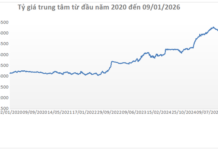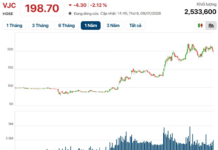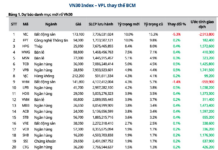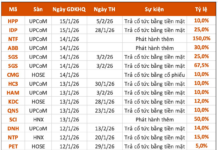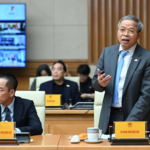At the 10th National Farmers’ Forum in 2025, Mr. Phạm Nguyên Hùng, Director of the Electricity Authority under the Ministry of Industry and Trade, shared insights on rooftop solar panel installations.
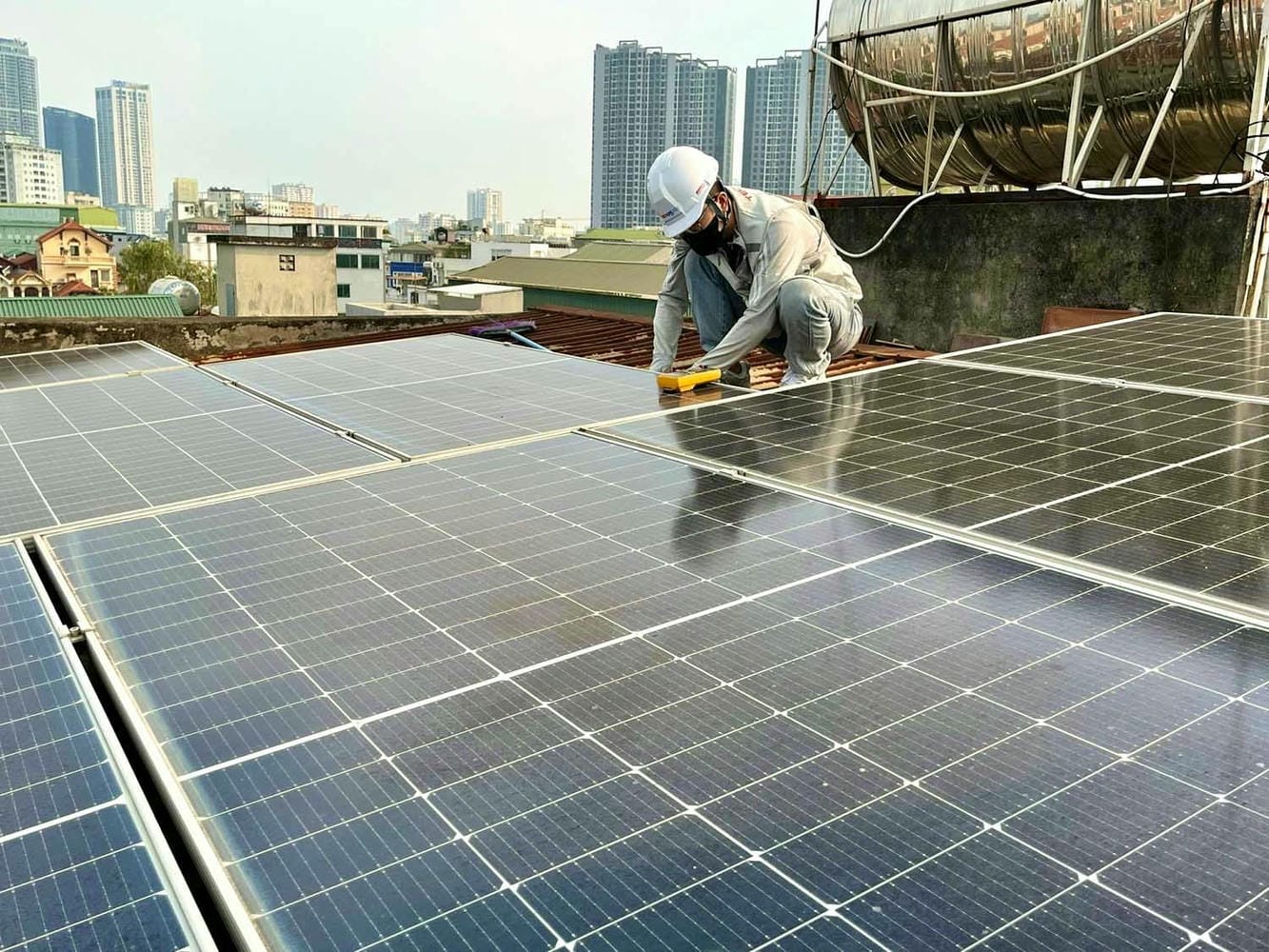
Households installing rooftop solar panels will enjoy various incentives in the near future.
According to him, the Ministry of Industry and Trade is drafting a Prime Minister’s Decision to issue support policies for households installing rooftop solar panels for self-production and consumption, including battery storage systems.
In the draft Decision submitted to the Prime Minister, the Ministry proposes a 3-year preferential loan from policy banks and a subsidy of 2-3 million VND for installations combined with battery storage.
The adjusted Power Master Plan VIII aims for 50% of Vietnamese households to install rooftop solar panels for self-consumption by 2030, enabling them to supply their own energy and sell excess electricity back to EVN.
In November, the Prime Minister is expected to issue a decision providing economic and technical support for rooftop solar installations with battery storage for self-consumption.
Farm households with combined livestock farming, food production, and rooftop solar installations will benefit from these support policies.
Incentives for Rooftop Solar Installation Require Notification/Registration
Addressing why rooftop solar installations require notification/registration (unlike other household appliances such as air conditioners or refrigerators), the Director of the Electricity Authority explained: Rooftop solar systems generate electricity directly connected to the national grid. Without connection, electricity quality cannot be assessed.
When connected, ensuring electricity quality and grid stability—a vast system covering the entire nation—requires control and management of output and quality from distributed sources.
Due to rapid development, the government needs management mechanisms to ensure system safety. Therefore, large projects must register, while small ones must notify the electricity sector to manage demand and system capabilities.







